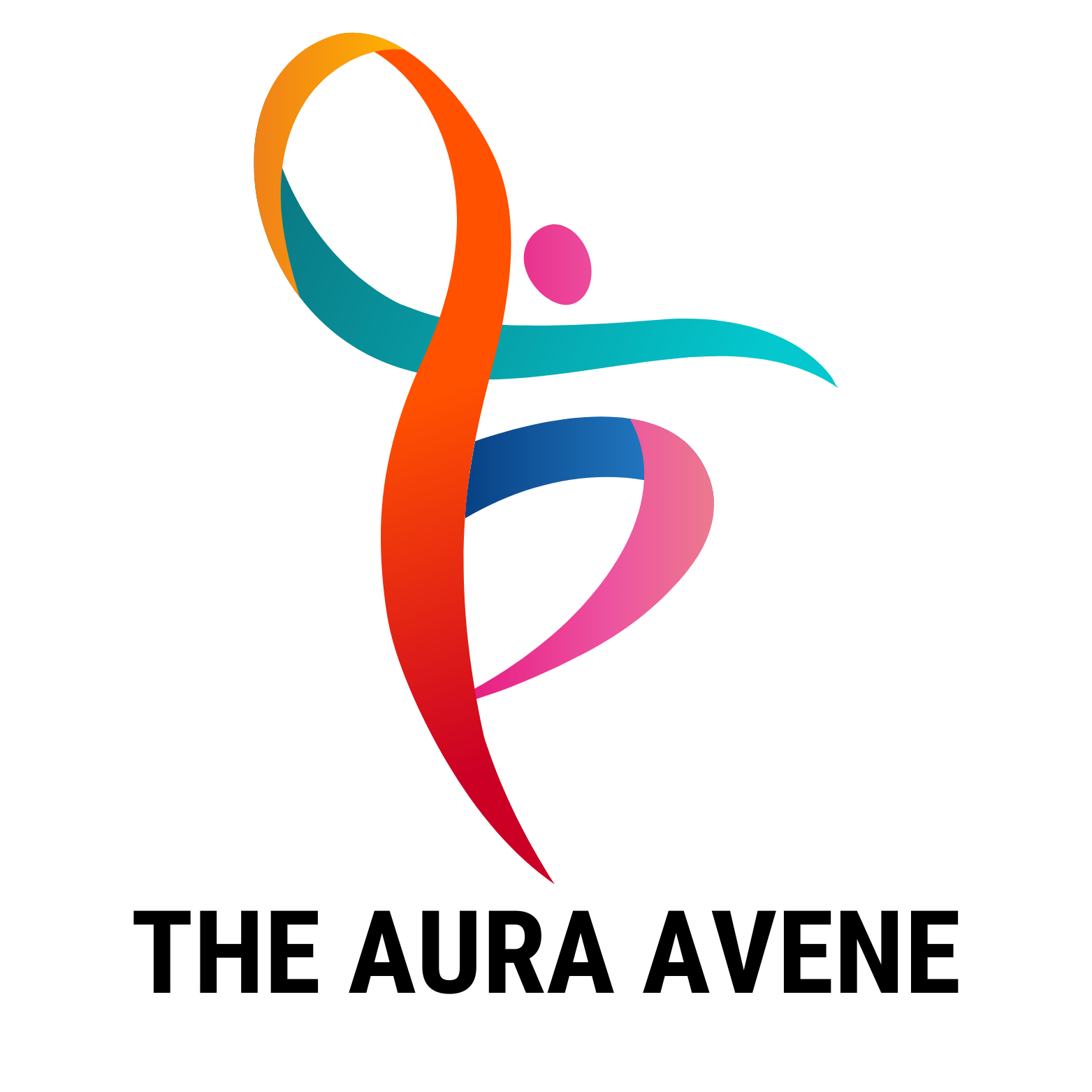Fitness and physical health are vital components of overall well-being and can significantly impact both mental and emotional health. Maintaining a regular fitness routine and prioritizing physical health can enhance energy levels, improve mood, and help prevent a range of diseases.

The Importance of Fitness and Physical Health
- Improved Cardiovascular Health
- Regular physical activity strengthens the heart and helps maintain healthy blood circulation. Exercise improves the efficiency of the cardiovascular system, reducing the risk of heart disease, high blood pressure, and stroke.
- Increased Strength and Muscle Mass
- Strength training exercises (e.g., weightlifting, resistance training) help build muscle mass, improve bone density, and increase overall strength. This helps with everyday activities like lifting objects and maintaining balance.
- Better Weight Management
- A combination of exercise and healthy eating helps regulate body weight by burning calories, reducing body fat, and boosting metabolism. Regular exercise also aids in maintaining a healthy weight, reducing the risk of obesity-related conditions like Type 2 diabetes.
- Enhanced Flexibility and Mobility
- Flexibility exercises (e.g., yoga, stretching) help improve the range of motion in your joints and muscles, promoting better mobility and reducing the risk of injury. This is especially important as we age, as it helps maintain independence and ease in performing daily tasks.
- Mental Health Benefits
- Physical exercise has a direct positive impact on mental health. Exercise releases endorphins, the body’s natural “feel-good” chemicals, which can reduce feelings of anxiety, depression, and stress. Regular exercise is also linked to improved cognitive function and better sleep patterns.
- Boosted Immune System
- Regular moderate exercise can boost the immune system by improving circulation and supporting the body’s ability to fight infections. It can also lower the likelihood of chronic illnesses and reduce inflammation in the body.
- Better Sleep
- Consistent exercise can lead to better quality sleep by helping regulate your sleep-wake cycle. Physical activity reduces symptoms of insomnia, and better sleep can, in turn, improve overall energy levels and mental clarity.
- Improved Posture and Balance
- Regular exercise can strengthen core muscles, which supports better posture and balance. This can reduce the risk of back pain, poor posture, and falls, especially as we age.
- Increased Energy Levels
- Contrary to the belief that exercise can be tiring, regular physical activity can actually boost energy levels. It improves circulation and oxygen flow throughout the body, which in turn enhances stamina and reduces fatigue.
Essential Elements of Physical Health
- Cardiovascular Exercise
- Examples: Running, cycling, swimming, brisk walking, dancing, and rowing.
- Benefits: Cardiovascular exercises improve heart health, endurance, and stamina. It’s recommended to aim for at least 150 minutes of moderate aerobic exercise per week or 75 minutes of vigorous activity.
- Strength Training
- Examples: Weightlifting, bodyweight exercises (e.g., push-ups, squats), resistance bands.
- Benefits: Strength training helps build muscle, improve metabolism, and support bone health. It’s important to incorporate strength training into your routine at least two days a week.
- Flexibility and Mobility Training
- Examples: Yoga, Pilates, dynamic stretching, static stretching.
- Benefits: Flexibility exercises promote joint health, enhance mobility, and improve posture. Stretching after a workout helps prevent injury and promotes recovery.
- Balance and Stability Exercises
- Examples: Balance exercises on one leg, yoga poses like tree pose, using a stability ball.
- Benefits: Balance exercises help improve coordination and prevent falls. This is particularly important for older adults, as balance tends to decline with age.
Nutrition and Diet for Physical Health
- A well-balanced diet is crucial for supporting fitness and overall health. Eating the right foods provides the body with the necessary fuel for energy, muscle recovery, and proper bodily functions. Key components of a healthy diet include:
- Protein: Essential for muscle repair and growth (e.g., chicken, fish, beans, tofu).
- Carbohydrates: Provide energy for exercise (e.g., whole grains, fruits, vegetables).
- Healthy Fats: Support hormone production and joint health (e.g., avocados, nuts, olive oil).
- Hydration: Water is essential for maintaining energy levels, digestion, and joint lubrication. Aim to drink plenty of water throughout the day, especially before and after exercise.
- Vitamins and Minerals: Ensure you’re getting adequate amounts of essential vitamins (e.g., Vitamin D for bone health, Vitamin C for immunity, calcium for strong bones).
Rest and Recovery
- Recovery is just as important as the workout itself. Rest allows your body to repair muscle tissues, restore energy stores, and recover from the stress of exercise. Incorporating rest days, getting quality sleep, and practicing relaxation techniques can help prevent burnout and reduce the risk of injury.
Setting Fitness Goals
- Setting clear, realistic fitness goals helps keep you motivated and on track. Your goals could be related to improving cardiovascular health, increasing strength, achieving a specific weight target, or simply feeling more energized and healthier. Start small, and gradually increase the intensity or duration of your workouts as you progress.
Consistency is Key
- The key to maintaining fitness and physical health is consistency. While results may not be immediate, staying committed to regular exercise and healthy habits will yield long-term benefits. Find activities that you enjoy so that working out becomes a rewarding part of your routine rather than a chore.
Conclusion
Fitness and physical health are not just about looking good—they’re about feeling your best and taking care of your body to ensure long-term health and vitality. By incorporating cardiovascular exercise, strength training, flexibility, and balance exercises into your routine, along with proper nutrition, hydration, and rest, you can significantly improve your physical health and overall quality of life.
